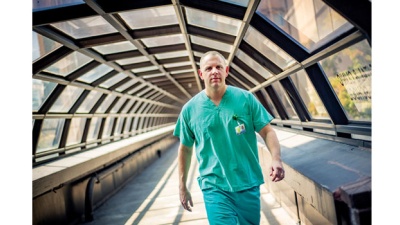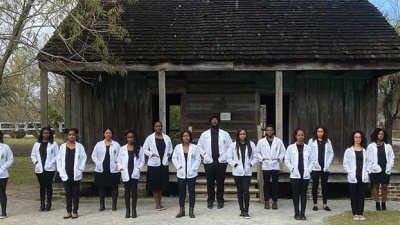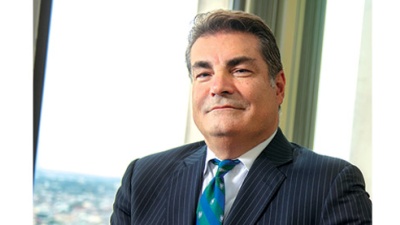Topic: medicine

Kidney Function
A research team led by Dr. Samir El-Dahr, Jane B. Aron Professor and chair of pediatrics at the School of Medicine, examined why human kidneys, which are composed of nearly a million filter units, stop creating new filter cells after birth. The researchers used a mouse model to understand what occurs when a fetal stem cell differentiates into a mature kidney cell. Researchers found that near the time of birth, the DNA blueprint that controls the fate of kidney stem cells changes dramatically. https://tulane.it/kidney-function

Pandemic Perspectives
Five Tulane doctors recall the first days of COVID-19 and lament public misinformation. They advise people to keep their guard up and be compassionate as we move forward.

MILITARY VETERANS
A challenge in treating military veterans is finding those who may be suffering from invisible wounds and getting them to seek treatment, said Dr. Greg Stewart. There is, however, a new, successful treatment concept to help veterans heal and lower their risk for suicide. Stewart is the W. Kennon McWilliams Professor in Sports Medicine and the medical director for the Tulane University Center for Brain Health, whose central mission is to provide care for military veterans regardless of discharge status.https://tulane.it/military-veterans

VETERANS’ BRAIN HEALTH
The Tulane University Center for Brain Health is a new program created to address the unique medical needs of members of the armed forces. The center, housed in the Tulane Medical Center, will specialize in the care of military veterans of any discharge status and specialize in the treatment of Traumatic Brain Injury and post-traumatic stress disorder. https://tulane.it/veterans-brain-health

Medicine and Public Health on the Front Lines
Tulane’s MD/MPH joint degree program has trained physician leaders for 50 years — and counting.

Quoted in the American Association of Medical Colleges
“At the Tulane School of Medicine, applications for admission to the class of 2025 are up more than 35% compared to the same time last year.”

‘Resilience Is in Our DNA’
A photo of African American students from Tulane School of Medicine made national news in December after it went “viral” on social media.

Ampersand: Sophia Omoro: Surgeon, Designer & Social Entrepreneur
Sophia Aomo Omoro (M ’00, ’02) always knew she wanted to be a surgeon.

Turning Point
Dr. Giovanni Piedimonte, vice president for research, is leading Tulane toward a new era of impactful research that makes lives better.

Neuroscience Center
Tulane School of Medicine opened the Clinical Neuroscience Research Center, a new center aimed at improving care for patients with neurological diseases. Dr. Gregory Bix is the center’s director, and Dr. Xiaoying Wang is the center’s program director of brain injury and research. Bix’s goal is to build on the university’s existing stroke research and expand efforts in traumatic brain injury, aging and dementia.https://tulane.it/neuroscience-research-center








































